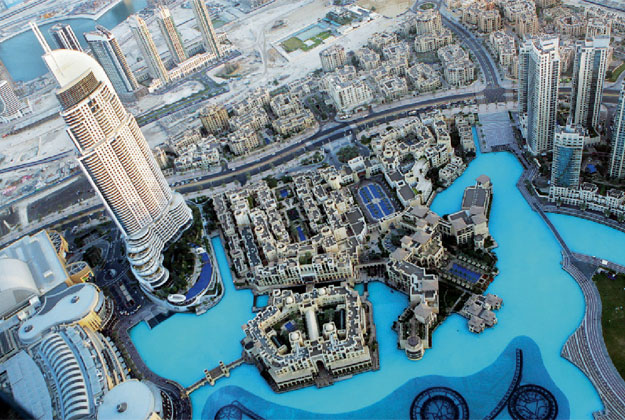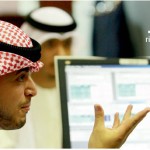The non-oil economic growth in the UAE is expected to strengthen further in 2013 on the back of a broadening recovery in construction and real estate, and ongoing growth in tourism-oriented sectors, the International Monetary Fund (IMF) said on Thursday.
The IMF’s report, released following annual consultations with the UAE authorities, said while the economy would grow by 4.3 per cent this year, growth in oil production will likely slow to around two per cent in 2013 after two years of substantial expansion, as global oil demand growth remains weak amid expanding global supply.
“Inflation could pick up somewhat this year to around two per cent as the housing market continues its recovery,” the IMF said.
The Washington-based fund said medium-term growth and diversification prospects are promising for the UAE as Dubai seek to build on its successes in becoming a services hub for the wider region and recently announced plans for several megaprojects in real estate and tourism, notably including Mohammed bin Rashid City.
“If Dubai succeeds in its bid for the World Expo 2020, the implementation of many of these plans would likely accelerate. Abu Dhabi continues to expand its hydrocarbon production capacity,” said the IMF.
The fund noted that downside risks to this outlook have declined over the last year but remain substantial. “On the external side, they reflect the UAE’s reliance on hydrocarbon exports and its close links with international financial markets and emerging Asian economies, while domestically, a key medium-term risk is related to a possible renewed building up of a boom-and-bust cycle.”
The IMF warned that while the banking system is very liquid, a few banks, particularly those that have relied on foreign wholesale funding, might face liquidity pressures.
A deeper than expected economic slowdown in emerging markets, particularly in Asia also will have its impact on the UAE, the IMF noted. “Emerging Asia, especially India, accounts for a large and growing share of exports, and robust external demand from Asia has helped limit the impact on the UAE of the weaknesses of European economies and of the sanctions on Iran. A slowdown in emerging Asia would weaken an important driver of goods export growth and reduce tourism and foreign real-estate demand,” it cautioned.
The fund noted that the UAE began last year to withdraw the large fiscal stimulus that was put in place in the wake of the 2009 crisis.
“The combined fiscal accounts of the federal and emirate governments posted a consolidation of the fiscal stance by three percent of non-oil GDP, driven by consolidation in Abu Dhabi and Dubai. A salary increase for federal employees and an increase in Abu Dhabi’s subsidies and transfers were more than offset by reductions in other outlays, including Abu Dhabi’s capital expenditure. Together with strong oil revenues, this led to an overall fiscal surplus of close to nine per cent of GDP. As a result, the fiscal break-even oil price, a measure of fiscal vulnerability to oil price shocks, improved from $84 in 2011 to $74 last year,” the IMF said.
For 2013, fiscal consolidation of around two per cent is expected to be driven by a rationalisation of capital spending (a large new affordable housing program in Abu Dhabi notwithstanding) and subsidies and transfers, while spending on goods and services, defence and security, and the wage bill are expected to increase.
The IMF also noted that the continued fiscal correction in the country is appropriate. In the wake of the 2009 crisis, public spending was substantially increased to cushion the impact of falling private demand on the economy. This raised public spending to levels higher than sustainable for future generations, such that the fiscal consolidation that started last year is welcome in making inroads toward correcting that long-term structural imbalance, it said.
Noting that the banking system maintains significant capital and liquidity buffers, the Fund said shielding the banking system from concentration risk to the GRE and real estate sectors is key. “The UAE’s banks are strongly interconnected with GREs through ownership and financial linkages. The interconnectedness coupled with non-transparent corporate governance structures and practices makes managing the evolution of interconnected leverage challenging, which could give rise to systemic risks,” it said.


